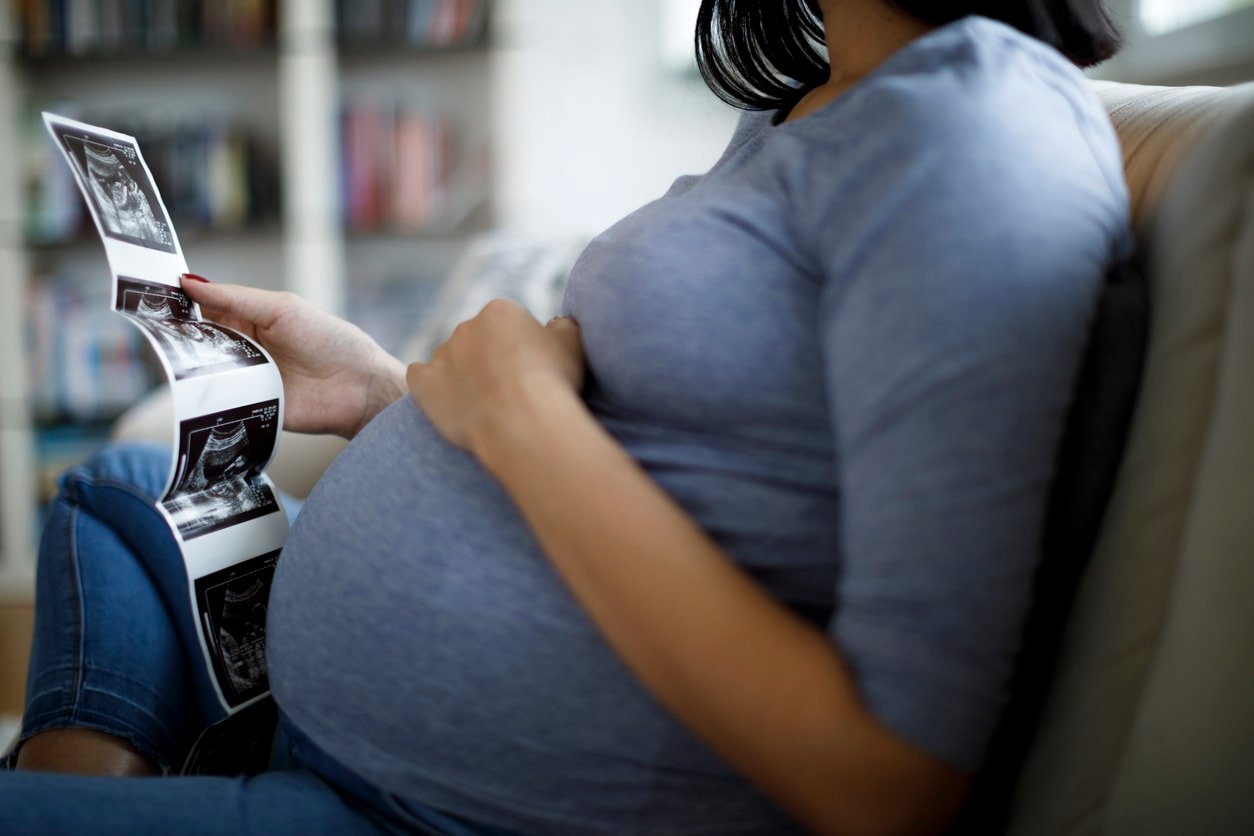
![]()
When your child is born, a lot goes into taking care of them and this includes immunizing them against diseases.
Diseases like polio, Tuberculosis, diarrhea, pneumonia, measles, chicken pox, flu and so much more plague a lot of children. Immunizing them makes them strong enough to withstand these diseases.


Our government and NGOS like the WHO, UNESCO have done a whole lot by making these vaccines available to children for free or a more subsidized rate so check with your healthcare provider how to get these vaccines and the schedule for you to come and take each one of them.
When your child takes these vaccines you will immediately notice one or two things and here is how to deal with them.
Vaccine Types and Their reactions.
1. IMs (Intramuscular)
Intramuscular Vaccines for example is BCG (Bacillus Calmette Guerin), is given to protect against Tuberculosis. This vaccine is administered intramuscularly in the muscle below the subcutaneous (fatty) layer. This vaccine types are not to be touched or tampered with after it has been given and they regularly leave a slight scar or swelling on the baby’s body. There might be redness on the spot, just ensure not to touch or pop it.
2. Oral Vaccines
These vaccines are given through the mouth. Examples of these are OPV (oral polio vaccine) which protects against polio. Polio is one of the most dangerous childhood diseases that is so bad because it kills, deforms or makes the child paralyzed. The facial reaction of your baby to oral vaccines might be visible or not. Your baby may run a slight fever.
These are the most popular kinds of vaccine types and their administration. What you should keep in mind is that, your child’s immune system is going to be stronger after the vaccines. If you notice any of these immediately call you health care provider;
- Nausea or Vomiting
- Fever (above 104 degrees Fahrenheit or 37.3 degrees Celsius)
- Seizures
-
Convulsions
-
Vehement shivering
-
Diarrhea
-
Asthma and difficulty breathing
If the area where the immunization was administered troubles you, probably a rash, unusual swelling, sore, pus and fever (below 104 degrees Fahrenheit or 37.3 degrees Celsius) or anything at all, kindly call and check it out with your healthcare provider.
Also you can leave a comment below contributing or asking a question and we would answer you



